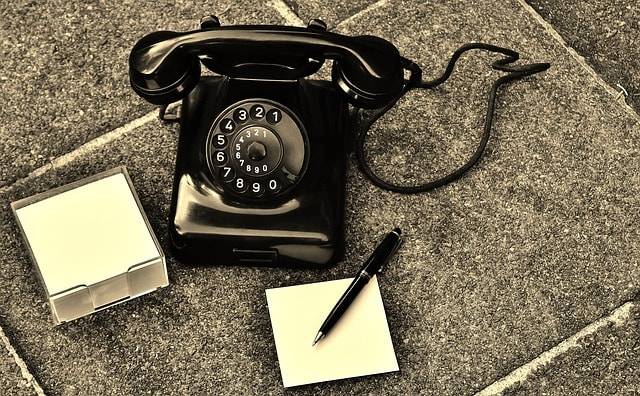Each year, a lot of people fall victim to an IRS Telephone Scam and lose substantial amounts of money. Typically, scammers use a certain set of persuasion skills, being friendly and, most of all, claiming to be working with a reputable company or even a government agency. This makes it easier for them to convince people into falling into their trap.
In August 2014, the Internal Revenue Service (IRS) issued a report regarding a telephone scam where the callers pretended to be working with the agency. Now, they have recently rolled out an update about the matter to warn the public that it is still continuing to happen across the country. To do our part of avoiding such a scam and spreading awareness, it is best to learn how to detect and report it.
What is an IRS Telephone Scam
This telephone scam was first made public by the IRS when they issued a consumer alert for taxpayers to protect themselves from telephone scammers pretending to be working with them. The involved con artists usually demanded money from taxpayers or tried to gather some private information that they could then use to steal their money. To trick potential victims into accommodating their calls, the scammers would usually alter their caller IDs to make it believable that they are with the IRS. Also, they would introduce themselves with fake names and bogus ID badge numbers. For calls that are unanswered, they would often leave you a message that requests an urgent callback.
The IRS is urging Americans to only use the formal procedures that they have put in place to address tax issues—and not over the telephone with people that they do not know.
How to Spot the IRS Telephone Scam
It is quite easy to identify whether or not a supposed IRS caller is bogus. Here are the red flags to watch out for:
- The caller demands immediate payment. Remember that the IRS does not call you about the taxes that you owe without mailing you a bill first.
- You are demanded to pay without being given the chance to ask questions about the amount being presented.
- You are required to use a specific method of payment other than the one being officially recommended by the IRS. For example, the caller asks you to use your debit card.
- The caller asks for debit and credit card details over the phone.
- The caller says he/she will have you arrested if you do not pay up.
How to Handle an IRS Telephone Scam
If you receive a call from someone who is claiming to be working with the IRS, do the following:
- Take note of the caller’s name, caller ID, IRS badge number and callback number.
- Confirm whether the caller is a legitimate IRS employee by calling 1-800-366-4484.
- If he/she is indeed working for the IRS, give him/her a callback. If not, then you have to report the incident to the Treasury Inspector General for Tax Administration (TIGTA) and to the IRS at [email protected], with the subject “IRS Telephone Scam”.
How to Report an IRS Telephone Scam
The IRS has made sure that reporting a telephone scam will be quick and easy by following these steps.
- Call TIGTA at 1.800.366.4484 and contact the IRS through [email protected] to report the incident.
- Provide specific details about what happened. For example, tell them that the caller demanded tax due payments from you, yet you do not believe you owe such amount to the IRS.
- File your complaint. In this case, you should include the phrase “IRS Telephone Scam” to denote that the caller is impersonating an IRS employee.
How to Report an IRS Stock Purchase Scam
There are also cases where you might receive a cold call about a stock purchase that involves suspicious documents, such as penalties or advanced fees, which are claimed to be from the IRS. If this is your situation, here are the steps to take:
- Call the Securities and Exchange Commission to file a complaint. However, you can also do it with the Federal Trade Commission (FTC) Complaint Assistant (for US citizens) or econsumer.gov (for non-US citizens).
- Fill out the official complaint form provided by the commission.
- Send an email about the incident (attached with the complaint form) to [email protected] with the subject “Stock”.
Always remember that the IRS does not make cold calls nor send unsolicited messages of any form to discuss your personal tax issues. So, if you experience this type of incident or witness it being pulled on someone you know, report it as soon as possible.
Final Note
With regards to becoming a victim of the IRS telephone scam, everyone who is paying taxes can be a potential target. With this in mind, it is really important to be vigilant against it. We hope that this article has provided you some useful ideas on how to protect yourself from this threat. It’s now on you to prevent it from happening to other people through responsible reporting.


